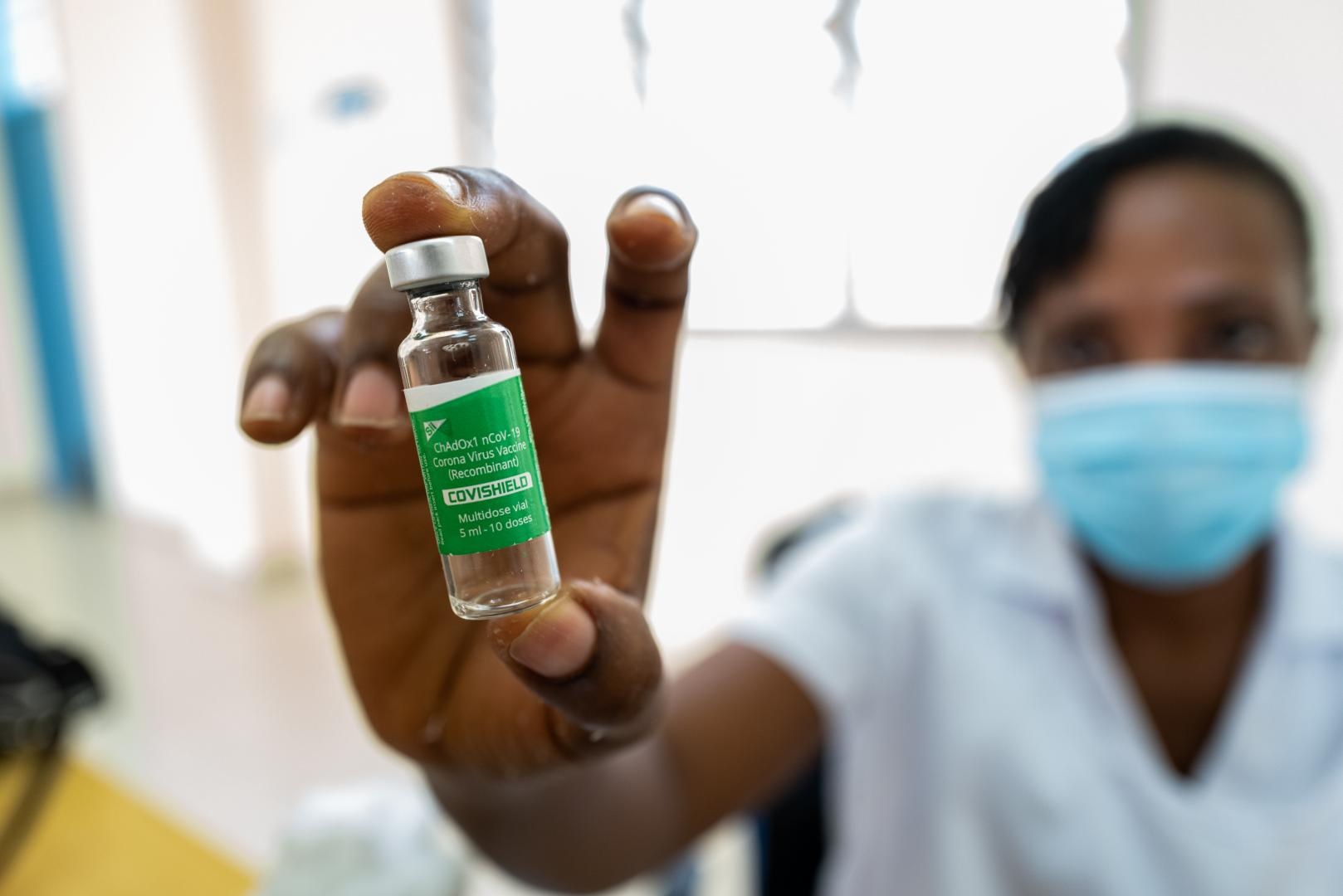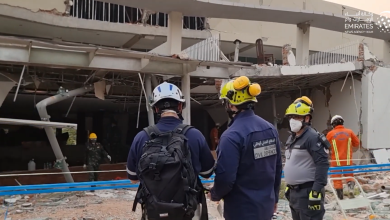As many as 91 countries are likely to be affected by India’s decision to ban exports of vaccines like Serum Institute of India’s (SII) products, including the AstraZeneca vaccine (Covishield) and the forthcoming Novavax, reports the World Health Organization (WHO).
Inadequate vaccine stocks in these countries including Africa means they will be extremely susceptible to new strains of Covid, including B.1.617.2, first discovered in India, who stated.
RELATED STORY: COVID-19 infects 100 guests, including bridal couple at Indian wedding
“Around 91 countries are impacted by the shortage of supplies, particularly since the AstraZeneca parent company has not been able to compensate for the doses which have not come from Serum,” Dr Soumya Swaminathan, WHO Chief Scientist, told a television channel in India.
“While it is not just B.1.617.2, but also other variants that are likely to emerge in other countries and spread around the world, we know that these variants spread very quickly even before they are recognized. The same thing happened with the 117 [variant], that is now dominant,” she said.
READ ON: India extends suspension of international flights until June 30
The Serum Institute of India, which had a legally-binding agreement signed with AstraZeneca last year, had been expected to supply a billion doses for low-and middle-income countries, including a commitment to provide 400 million doses in 2020 alone. These were being delivered through Gavi, the international vaccine alliance, of which the WHO is a key member, Swaminathan said. .
“Most of the African countries had vaccinated less than 0.5 per cent of their populations – which however did not include their healthcare workers,” she said, adding, “If this inequitable distribution of available vaccines continues, then only some countries will be going back to some degree of normalcy in their life — while other countries will be hit very hard continuously by subsequent Covid-19 waves.” (AW)




